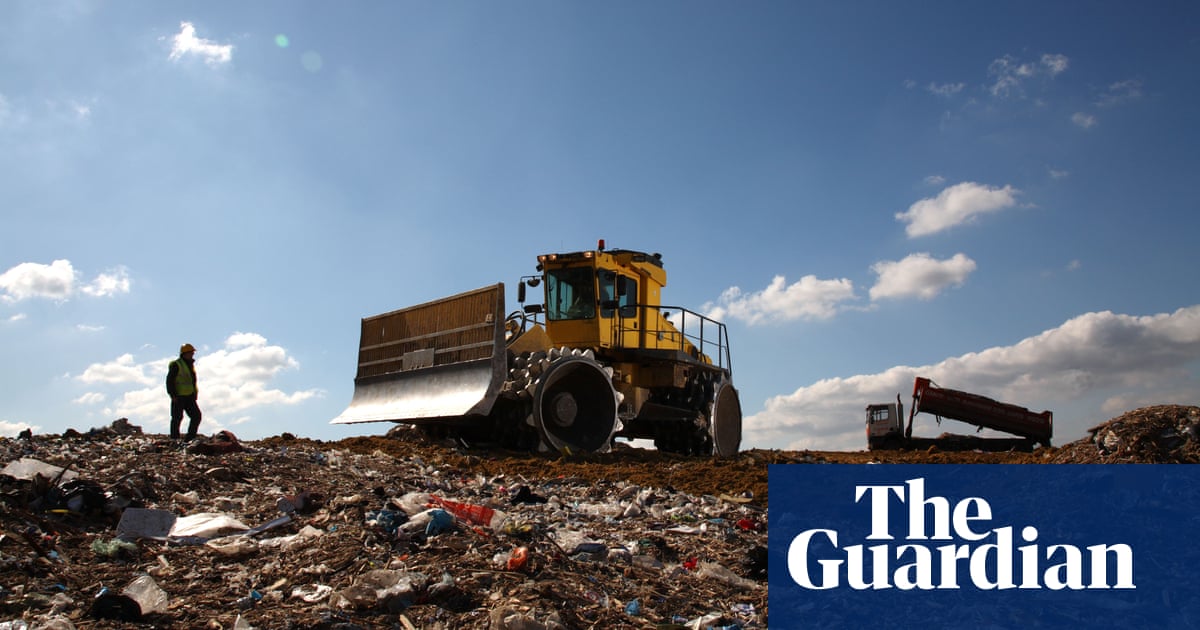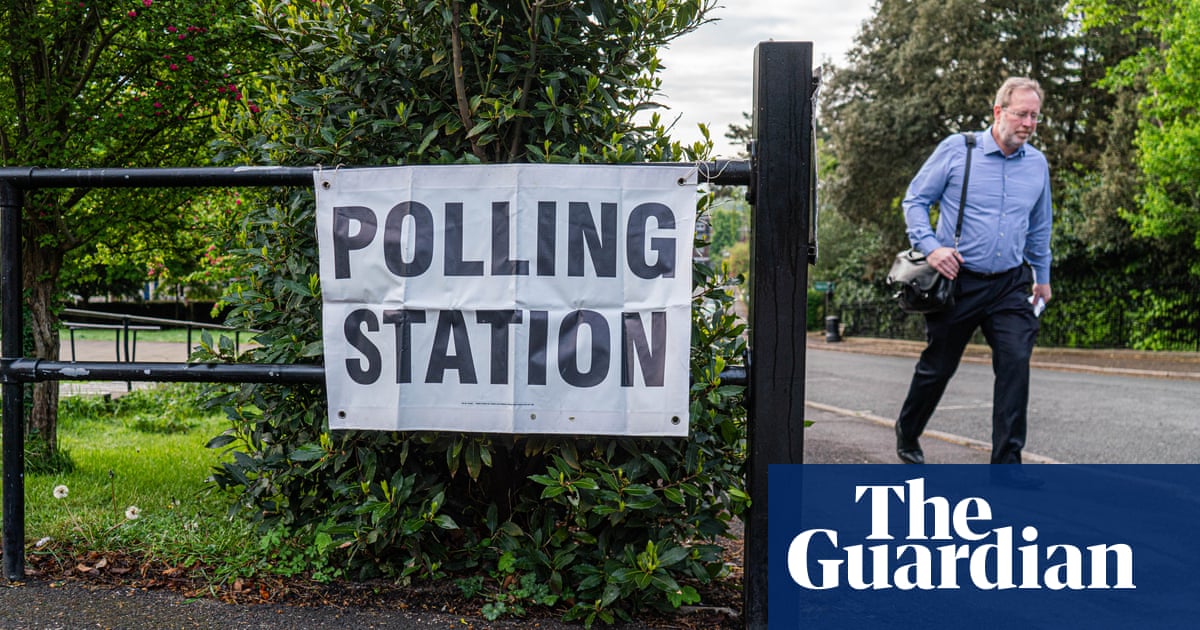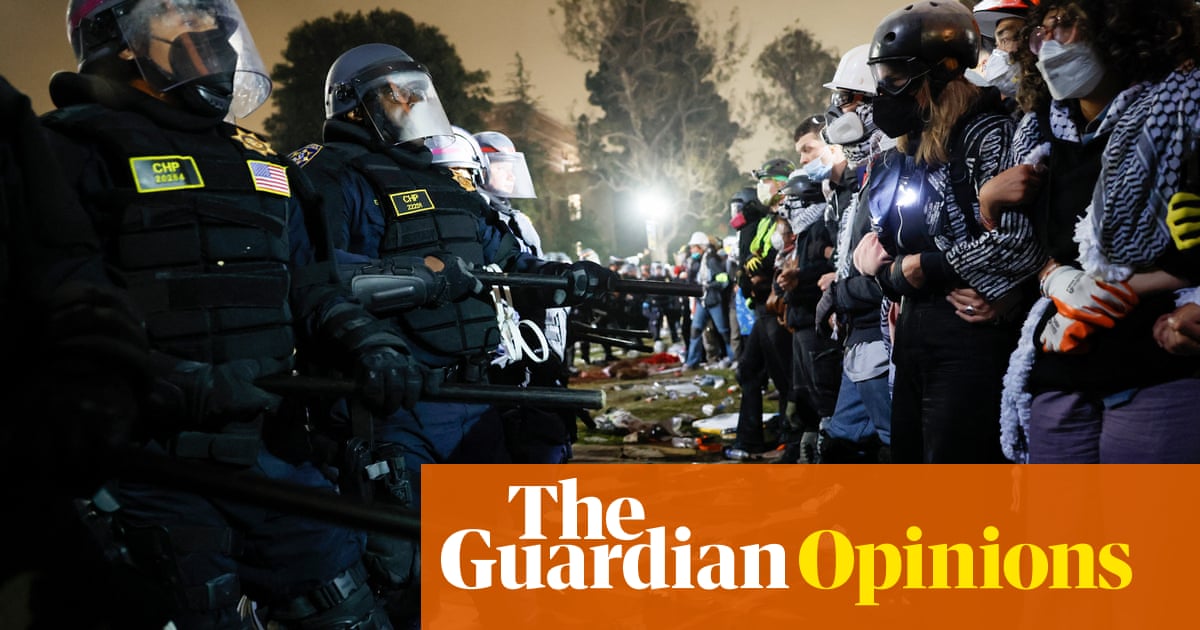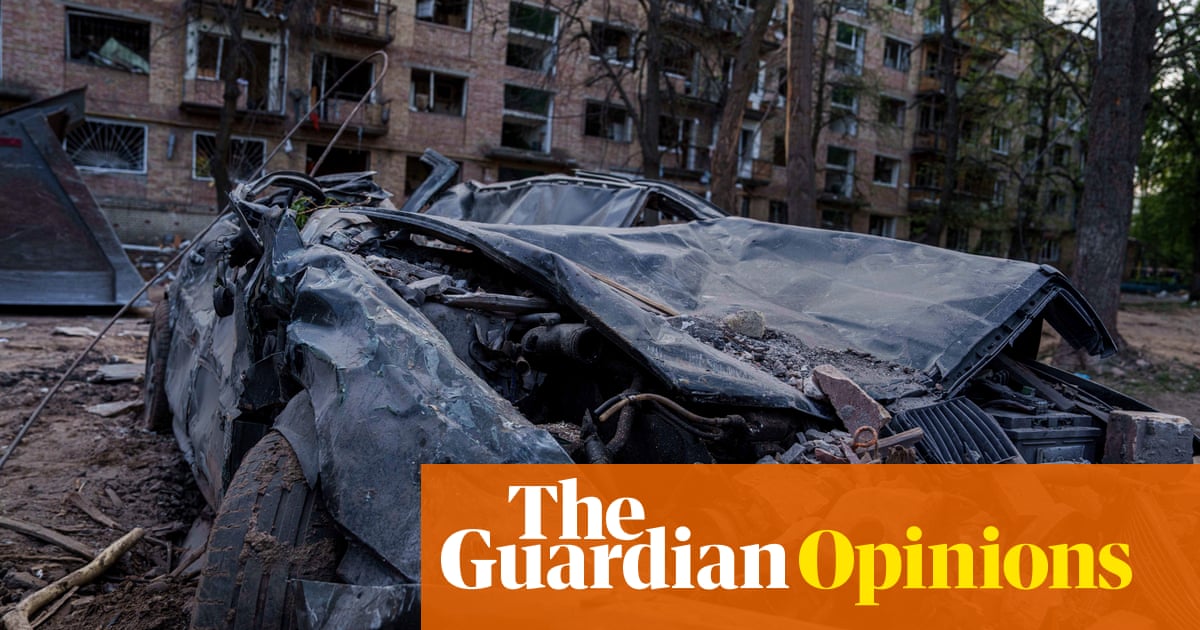Has anything about the past week in politics felt a bit familiar to you? Some elements, like the political class suddenly talking about a years-long scandal merely because a tech billionaire started stirring the pot, have been novel. But others have been a depressingly normal part of Westminster culture, such as the flurry of activity from ministers as they announced they were implementing recommendations from the independent inquiry into child sexual abuse, while resisting calls to set up another inquiry into the specific question of grooming gangs.
Resisting an inquiry is a stage that every government seems to go through with every scandal. Initially, they argue that another inquiry won’t tell us anything new, and that it will cost money and time. Then, they tend to agree to a limited non-statutory inquiry. Then it becomes clear that the problem with a non-statutory inquiry is that it can’t summon witnesses to give evidence under oath, and so the very thing ministers didn’t want to happen ends up going ahead anyway. We have seen that with inquiries into hospitals, such as the Mid Staffs inquiry, which initially wasn’t a public inquiry but ended up having to take on those powers just to get to the bottom of what had happened, and the continuing inquiry into mental health deaths in Essex.
Even a pot stirrer making everyone sit up and talk about a known problem that the political class has chosen to prevaricate about for years isn’t really a new thing. Elon Musk might not have been the one to cause a flurry of attention about a scandal before, but there is always a trigger from outside Westminster that does set it off.
If there is a clear anatomy to ministers resisting and then ultimately setting up a full public inquiry into a scandal, then there is also a predictable process of a scandal existing and being widely known about, but still being ignored until it gets its week of furious attention, whether as a result of an ITV drama on the Post Office or posts on social media.
The problem is that a week of furious attention doesn’t really cut it when a scandal is about something that happened – and could happen again unless action is taken – rather than just something that needs talking about. Much of the past week’s discourse has been about which politician cares more about white working-class girls who were abused by grooming gangs rather than what is actually being done to investigate that, or indeed how to put structures in place to prevent it happening or being ignored now and in the future.
There was an irony to Yvette Cooper rushing to the Commons last Monday and announcing that the government was now going to implement some of the changes recommended by the Independent Inquiry into Child Sexual Abuse (IICSA). The home secretary told MPs that what was important was ensuring that change actually happened, “rather than just thinking, ‘well, an announcement has been made’, but nothing changes and nothing is actually done”.
She was right, and that confusion between announcement and action is very common in Westminster, with leaders often thinking they’ve addressed an issue merely because they’ve given a speech about it, and the media often enabling that by not pursuing the action on the issue sufficiently. But Cooper herself was being moved by the raging tides of political debate to make an announcement, rather than having made it a few weeks before Christmas. After all, IICSA reported in 2022 and, while the Conservatives did very little other than welcome its recommendations, Labour could also have announced it was implementing them in the months between coming to power in July and this week, when there was enough media interest in the matter.
It is still remarkable that it has taken more than two years for a government to respond to the IICSA in any meaningful way, given the general course of action when a public inquiry finally reports is for ministers to give statements about the mistakes of the past and then to say they will be considering the recommendations seriously, before doing nothing at all to implement them. The worst example I have come across is the announcement in August 2024 by the Labour government about reforms to death certification. They will require an independent review to be carried out for all deaths in England and Wales, either by a medical examiner or a coroner.
after newsletter promotion
What prompted this? A public inquiry. I’m not sure that “prompt” is quite the right word, given this inquiry was published 21 years ago– it was the third report of the Shipman inquiry – there is nothing prompt about the response from the government to its recommendations on death certification. When that report came out, there was the usual round of politicians using the phrase “never again”, but there have been 21 years of possible agains before anything happened. The families of the victims of Dr Harold Shipman and their solicitors were furious back in 2015 when the then Conservative government once again delayed implementing these changes, saying they wouldn’t be possible before the election of that year.
Governments use elections as an excuse for not managing to get around to doing something – Kemi Badenoch, last week, used the 2024 election as a reason for the most recent Conservative administration not implementing the IICSA recommendations – but given the date of the 2015 election had been known for five years thanks to the Fixed-term Parliaments Act, this was a very poor excuse indeed.
I sat in the “lock-in” for the Chilcot inquiry into the Iraq war back in 2016, where journalists were given a few hours to feverishly thumb their way through an executive summary document the size of a weighty holiday read, not to mention the 12 full volumes of the report itself. There was a frenzy of attention when the embargo lifted that lunchtime, and for a couple of days later. Much of it was focused on what Tony Blair had said to George W Bush, and indeed a long rambling press conference that Blair gave that afternoon when he continued to search his soul about doing the right thing at the time. But the report was also about learning lessons from intervention and post-conflict planning. In the years it had taken to write, Britain had intervened militarily again, most notably in Libya, where the government repeated many of the mistakes in planning for what would happen to the country after intervention. The chaotic withdrawal from Afghanistan in 2021 five years after Chilcot published showed those lessons still hadn’t been learned.
It would have been better had there been a way of examining whether lessons had been learned in government that didn’t involve the collapse of democracy and public order in a country, or indeed the repeat of a scandal in the health service or other institutions. But there is no mechanism for parliament to follow up whether a public inquiry is being implemented by ministers. They may be asked about it in an ad hoc way at a select committee hearing, or on the floor of the House of Commons, but at no point is there a deadline to meet or a response to pen that would detail the progress of a government in ensuring that something is a “never again”.
In the case of police reform, successive Conservative home secretaries were able to fob off Cooper when she was in opposition and asking about when ministers were going to make changes that would allow chief constables to fire or suspend officers accused of sexual offences. They often cited other ongoing inquiries as the reason for the delay. Cooper and many other MPs, including Conservative backbenchers, plugged away at this admirably, but there was no moment of unbearable pressure that forced ministers to act quickly. That’s how a recommendation can be published in 2003 and only start to be implemented in 2024.
So really, the question that everyone has been asking about whether another national inquiry into grooming gangs is necessary is the wrong one. What Westminster really needs to examine is whether it has the wherewithal to respond to that inquiry and make “never again” have meaning. And it definitely doesn’t need an inquiry into that question: we already have ample examples to show that the answer is no.

.png) 3 months ago
36
3 months ago
36













































